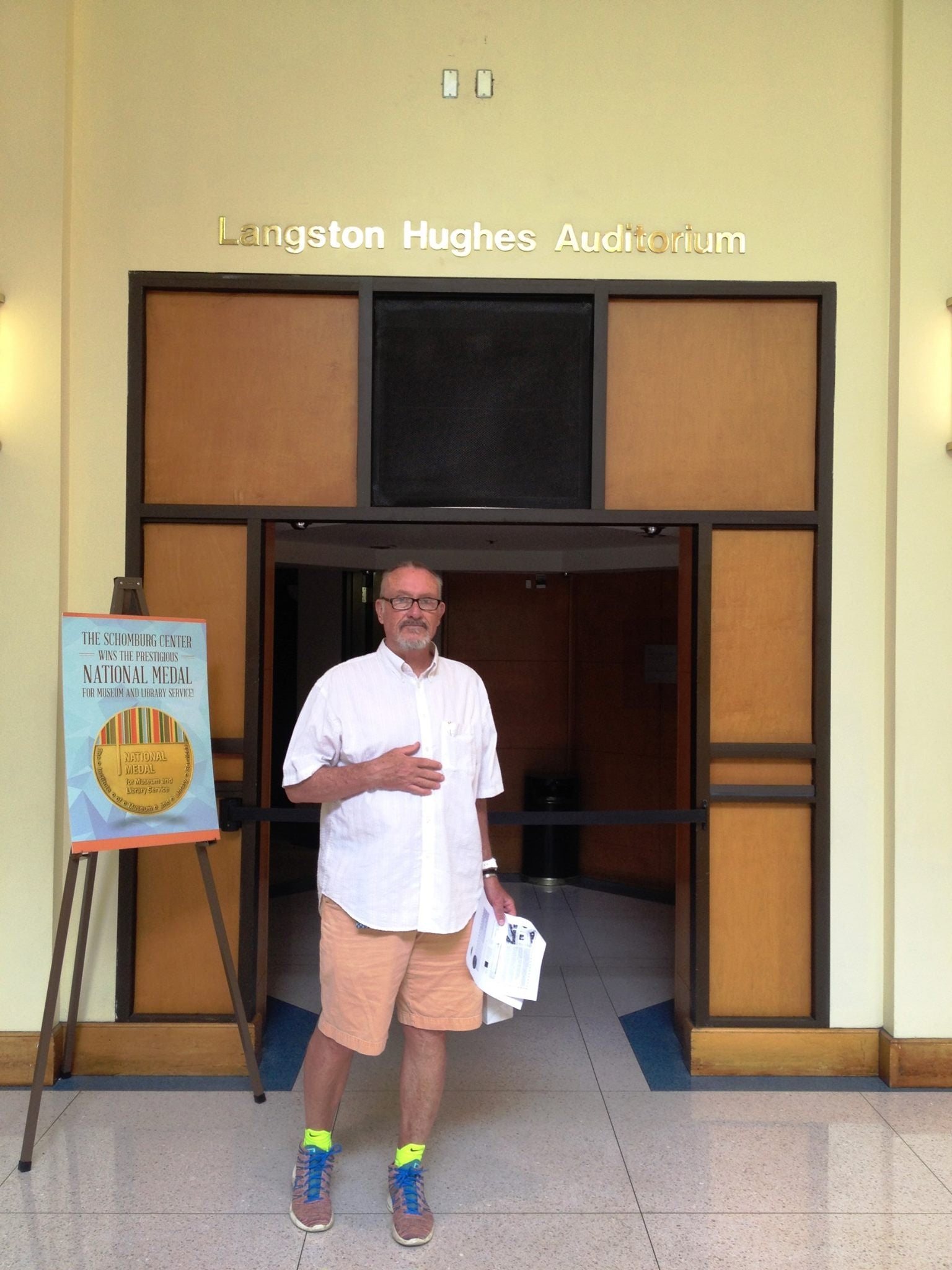Intellectual History: "The Sum of Our Dreams," Louis Mazur, Part 2
Regular price
$19.99 USD
Regular price
$19.99
Sale price
$19.99 USD
Shipping calculated at checkout.
2. The Sum of our Dreams, Louis Mazur, Rutgers University
1900-1945
Part two: The Sum of Our Dreams: 44 pages; 3886 words; many visuals
CHAPTER 6
SURVIVAL OF THE FITTEST
Walt Whitman, “L eaves of Grass”
eaves of Grass”
Whitman never stopped celebrating the America he heard singing, as he put it. He loved democracy, yet never took it for granted “It is a word,” he wrote, “the real gist of which still sleeps.”
“Is a respectable government impossible in a democracy? What is to become of us if corruption is allowed to go unchecked?” Madeline Lee, character in “the Education of Henry Adams”
Robber Barons: men whose greed knew no bounds and who whatever means necessary to defeat their competition:
--the first major scandal concerned money itself, in this case gold. Jay Gould and James Fish, railroad developers and financiers, sought to corner the gold market. Gould and Fisk were two of dozens of capitalists and industrialists who emerged in the decades following the Civil War.
--over 6 politicians including Vice President Schuyler Colfax, had accepted discounted shares of stock in Credit Mobilier, a construction company ostensibly independent from the Union Pacific Railroad, but actually created to help defraud the government by charging exorbitant rates to complete work on the transcontinental railroad.
--government ended up paying 100 million for work that cost $50 million
--Distillers bribed treasury officials o avoid paying liquor taxes; the secretary of war received kickbacks for awarding licenses to trade on Indian reservations; bribes were paid to obtain lucrative postal contracts and Congress even passed an act to raise its own salary retroactively.
--One person in particular, William Magear Tweed, or Boss tweed as he was known, has remained the symbol of corrupt city government practices.
--“It wasn’t the ballots that mattered, Tweed said, it was who counted them.”

--Tweed is reported to have said that even though his followers couldn’t read the newspapers, “they can’t help seeing them damned pictures!” Those pictures lampooned Tweed as a vulture, a corpulent, leering politician whose head was a bag of money, at the center of a ring of men each point to the other in answer to the question of “who stole the people’s money?” Tweed even tried to bribe Nash, but by then his reign was over.”
Part two: The Sum of Our Dreams: 44 pages; 3886 words; many visuals
1900-1945
Part two: The Sum of Our Dreams: 44 pages; 3886 words; many visuals
CHAPTER 6
SURVIVAL OF THE FITTEST
Walt Whitman, “L
 eaves of Grass”
eaves of Grass”Whitman never stopped celebrating the America he heard singing, as he put it. He loved democracy, yet never took it for granted “It is a word,” he wrote, “the real gist of which still sleeps.”
“Is a respectable government impossible in a democracy? What is to become of us if corruption is allowed to go unchecked?” Madeline Lee, character in “the Education of Henry Adams”
Robber Barons: men whose greed knew no bounds and who whatever means necessary to defeat their competition:
--the first major scandal concerned money itself, in this case gold. Jay Gould and James Fish, railroad developers and financiers, sought to corner the gold market. Gould and Fisk were two of dozens of capitalists and industrialists who emerged in the decades following the Civil War.
--over 6 politicians including Vice President Schuyler Colfax, had accepted discounted shares of stock in Credit Mobilier, a construction company ostensibly independent from the Union Pacific Railroad, but actually created to help defraud the government by charging exorbitant rates to complete work on the transcontinental railroad.
--government ended up paying 100 million for work that cost $50 million
--Distillers bribed treasury officials o avoid paying liquor taxes; the secretary of war received kickbacks for awarding licenses to trade on Indian reservations; bribes were paid to obtain lucrative postal contracts and Congress even passed an act to raise its own salary retroactively.
--One person in particular, William Magear Tweed, or Boss tweed as he was known, has remained the symbol of corrupt city government practices.
--“It wasn’t the ballots that mattered, Tweed said, it was who counted them.”

--Tweed is reported to have said that even though his followers couldn’t read the newspapers, “they can’t help seeing them damned pictures!” Those pictures lampooned Tweed as a vulture, a corpulent, leering politician whose head was a bag of money, at the center of a ring of men each point to the other in answer to the question of “who stole the people’s money?” Tweed even tried to bribe Nash, but by then his reign was over.”
Part two: The Sum of Our Dreams: 44 pages; 3886 words; many visuals
Share
Mr. Brovsky's Vault
To thine own self. be true.

Mr. Brovsky's Vault is filled with Secondary (10-12) Lesson plans for year-long and semester classes in the Humanities.


